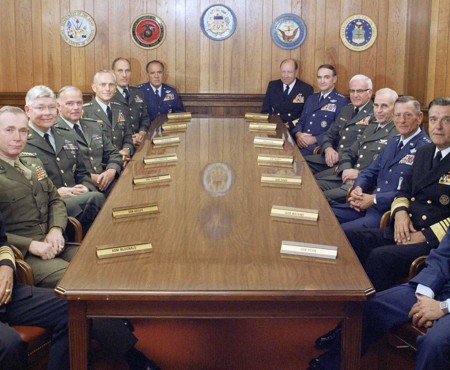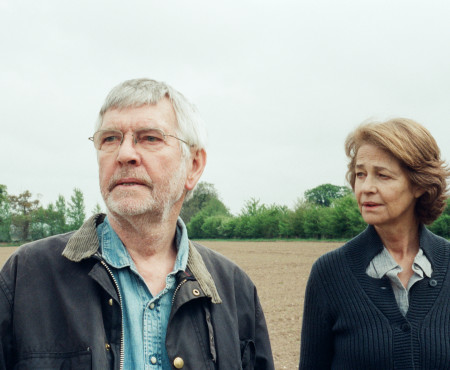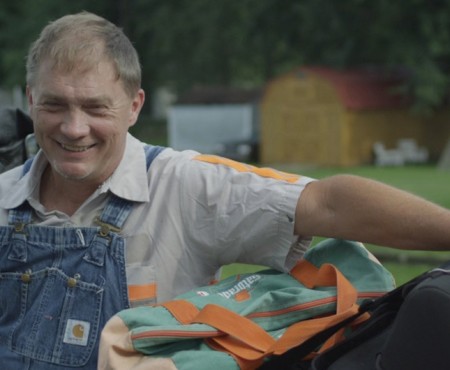Denis Villeneuve (Incendies) has a great gift for building tension without resorting to pathos. It deserves true recognition, especially considering the immensely delicate and emotional subject matter his new film, Prisoners, touches upon. Most filmmakers would turn a story about a mysterious child abduction and grieving parents desperate to save their kids into a cookie cutter psychological drama, then spice it up with a dash of teary melodrama and a pinch of hair-bristling thriller. Instead, the Canadian director manages to deftly maneuver between genres, taking exactly what’s needed from each, but not once falls into the trap of convention and predictability. Cheap trick are not Villenevue’s cup of tea.
Prisoners is a perfect example of how skilful directing can elevate actors’ ability to create complex, multilayered characters. Hugh Jackman is really cool as Wolverine, but if anyone wants to see what the Australian is really capable of, they should give Villeneuve’s film a shot. Keller Dover, his character, has an intriguing duality to him. As a desperate father fighting time and enemies to save his daughter’s life, Jackman is confident and compassionate, but also scary and unpredictable. Driven by the deepest instincts and detached from any form of reason or logic, he constantly shifts from good to bad, positive to negative, never allowing the viewer to safely settle with his presumptions and instincts.
Jake Gyllenhall, meanwhile, has already proved several times over that his Prince of Persia days are behind him. He has already played a policeman in the brilliant End of Watch, but the part in Prisoners offers plenty of variation. Detective Loki is quite young, but wrecked by the daily stress of his job, one that forces himto open the door to a world of unimaginable horrors every single day. Past and present traumas leave their mark – Loki’s tense face is once in a while cut with a nervous tic. He moves in a distinct way – powerful, but hunched with tiredness at the same time. Compassionate when safe, he can easily sow fear when threatened. There is a sort of rough gentleness to him that leads us to believe that he is working with a sense of mission, and that we can believe him when he says he will do everything to find the girl alive. Both actors – plus the whole impressive supporting bunch, including Melissa Leo and Paul Dano – craft powerful, distinctive performances, never imitating the derivative acting patterns we might expect in films such as this.
What also deserves recognition here is the script: complete, rich in context and psychologically plausible. Roger Deakins’ instinctive camera compliments the constantly changing emotional tone of the film. Although Prisoners is over two hours long, the film not only holds the viewer’s focus to the very end, but manages to do so in a genuinely innovative yet comfortingly recognizable way.




















